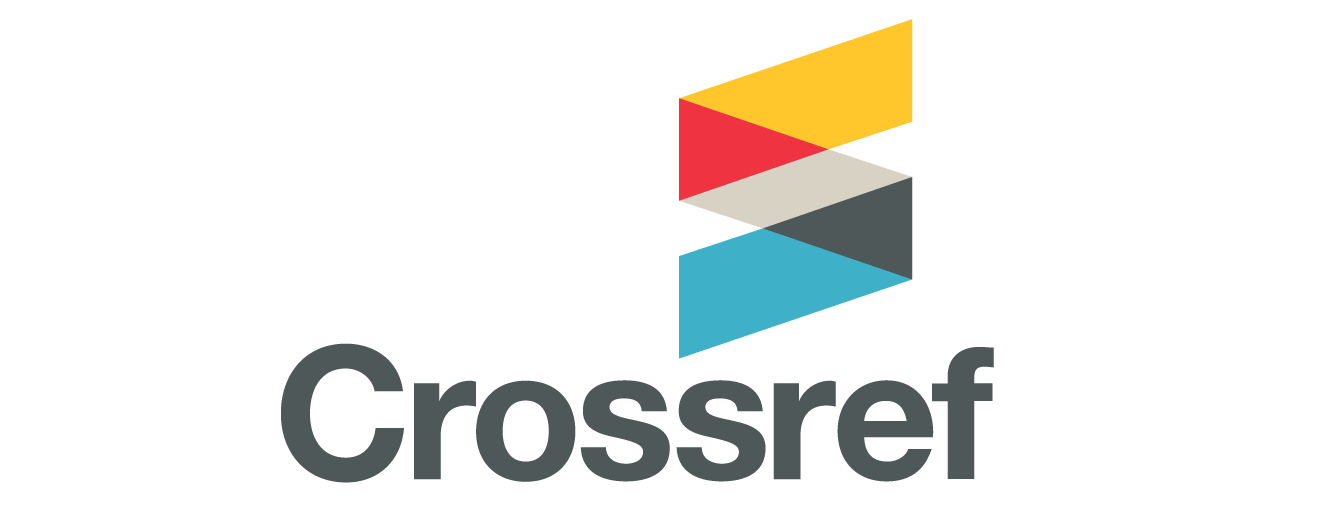Ethics as a Product of Civilization and a Core of Science and Social Progress: Lessons of the Past and Problems of the Presentinar
DOI:
https://doi.org/10.15407/sofs2023.01.102Keywords:
ethics, ethical principles, socio-economic system, welfare, social time, social space, social groups, social tension, relations with the stateAbstract
The level of well-being in a society depends on the strict observance of ethical norms of behavior by economic entities, which are established to a certain extent chaotically, in the process of social practice. In this connection, the problem of targeted socio-economic reforming, which leads to a change in the ethical core of society, is becoming more and more important. The purpose of the article is to generalize scientific ideas about ethics as a set of social tools that influence human behavior in the society. Its understanding will contribute to increasing the effectiveness of social and economic management, especially in the conditions of natural disasters and social conflicts. An important tool of this management is the rational involvement of the research system. The methodical framework for the research is the problem-oriented technique for comparison the indicators of the civilizational process, giving evidence of social perceptions of ethical principles in different historical periods. The literary sources used by the author are based on sociological studies of the implementation of the principles of the increasing social welfare. Official sources that record the modern understanding of ethical principles in various layers of society are taken into account. The ethical paradigm in each evolutionary period is formed on the assumption that the main indicators of the civilizational process are constant, and on the belief that the accepted ethical principles should ensure an increase in the social welfare. Special attention should be devoted to economic tools for adjusting the ethical space of teams employed in transactional systems. In contrast to countries with a relatively stable economy, in countries with a transition economy, to which Ukraine belongs, it is possible to ascertain the presence of a number of problems in the ethical infrastructure of the “triple spiral”, i. e. in political and administrative relations of business, science and state power. Basically, ethics determines the social organization, but there is a semantic difference between the authoritarian and humanistic understanding of the morality, which is reflected in the legislative and regulatory framework of many countries, including Ukraine. The more meaningful use of science as a management tool can enhance the state power’s capacities in for socio-economic management in the conditions of instability and conflicts.
References
Hemphill, T. (2013). The ISO 26000 guidance on social responsibility international standard: what are the business governance implications? Corporate Governance, 13 (3), 305—317. https://doi.org/10.1108/CG-08-2011-0062
Kant, I. (1965). Fundamental Principles of the Metaphysics of Morals (Vols. 1—6). Moscow: Mysl, 4, 1 [in Russian].
Kovrizhnykh, O.A. Confrontation of ethnocultural stereotypes and the formation of intercultural tolerance. URL: http://lawinrussia.ru/content/protivostoyanie-etnokulturnyh-stereotipov-i-formirovanie-mezhkulturnoy-tolerantnosti (last accessed: 18.10.2022) [in Russian].
Golichenko, O.G., & Malkova, A.A. (2013). Production and consumption of new fundamental knowledge: interaction of branches of science. Innovations, 5 (175), 65—75 [in Russian].
Aristotel (1983). Nicomachean ethics (Vols. 1–4). Moscow: Mysl, 4 [in Russian].
Prigogine, I., & Stengers, I. (1986). Order out of chaos: A new dialogue between man and nature. Moscow: Progres [in Russian].
Fromm, E. (2010). Man for Himself. Moscow: ACT [in Russian].
Descartes, R. (1989). Principles of Philosophy (Vols. 1—2). Moscow: Mysl, 1 [in Russian].
Huseynov, A., & Dubko, E. (2006). Ethics. Moscow: Gardariki [in Russian].
Sorokin, P.A., & Merton, R.K. (2004). Social Time: An Experience of Methodological and Functional Analysis. Social Studies, 6, 112—119 [in Russian].
Neshataeva, V.O. (2013). Cultural values: price and law. Moscow: Editorial house of the Higher School of Economics [in Russian].
Danilevsky, N.Ya. (1991). Russia and Europe. Moscow: Kniga [in Russian]
Spengler, O. (1998). Decline of Europe. Essays on the morphology of world history. 1. Gestalt and reality. Moscow: Mysl [in Russian].
Toynbee, A.J. (2009). A Study of History: The Emergence, Growth and Decline of Civilizations. Moscow: AST [in Russian].
Bondar-Pidhurska, O.V. (2019) Methodology of managing innovative factors of the socially oriented development of the economy. Extended abstract of Doctor’s thesis. Kyiv: Institute of Industrial Economics of the NAS of Ukraine [in Ukrainian].
Kahneman, D., & Deaton, A. (2010). High income improves evaluation of life but not emotional well-being. Proceedings of the National Academy of Sciences, 107 (38), 16489—16493. https://doi.org/10.1073/pnas.1011492107
Williamson, O.I. (1996). The Economic Institutions of Capitalism: Firms, Markets and Relational Contracting. St. Petersburg: CEV Press, 1996 [in Russian].
Simon, G.A. (1993). Rationality as a process and product of thinking. Thesis, 3, 16—38 [in Russian].
Polanyi, M. (1985). Personal Knowledge. Moscow: Progres [in Russian].
Lee, B. (2006). The Power Principle: Influence with Honor. Moscow: Alpina Business Books [in Russian].
Lefevre, V.A. (1973). Conflicting Structures. Moscow: Sovetskoye radio [in Russian].
Baturin, Yu.M. (2012). Science as a reflexive resource of power. Reflexive processes and management, 12 (1—2), 23—25 [in Russian].
Popovych, O.S., & Klimenkova, V.I. (2022). Scientific ethics and problems of purposeful formation of a healthy research environment. Science and science of science, 2 (116), 3—11. https://doi.org/10.15407/sofs2022.02.003 [in Ukrainian].
Sorokin, P. (2012). Man and society in the conditions of disasters (influence of war, revolution, famine, epidemics on human intellect and behavior, social organization and cultural life). Moscow: Direct-Media [in Russian].
Sorokin, P.A. (2006). Social and cultural dynamics. Moscow: Astrel [in Russian].
Jodl, F. (1896). The History of Ethics in the New Philosophy (Vols. 1—2). Moscow: Typo-lithography V. Richter, 1 [in Russian].
Downloads
Published
How to Cite
Issue
Section
License
Copyright (c) 2023 Science and Science of Science

This work is licensed under a Creative Commons Attribution-NonCommercial-NoDerivatives 4.0 International License.





